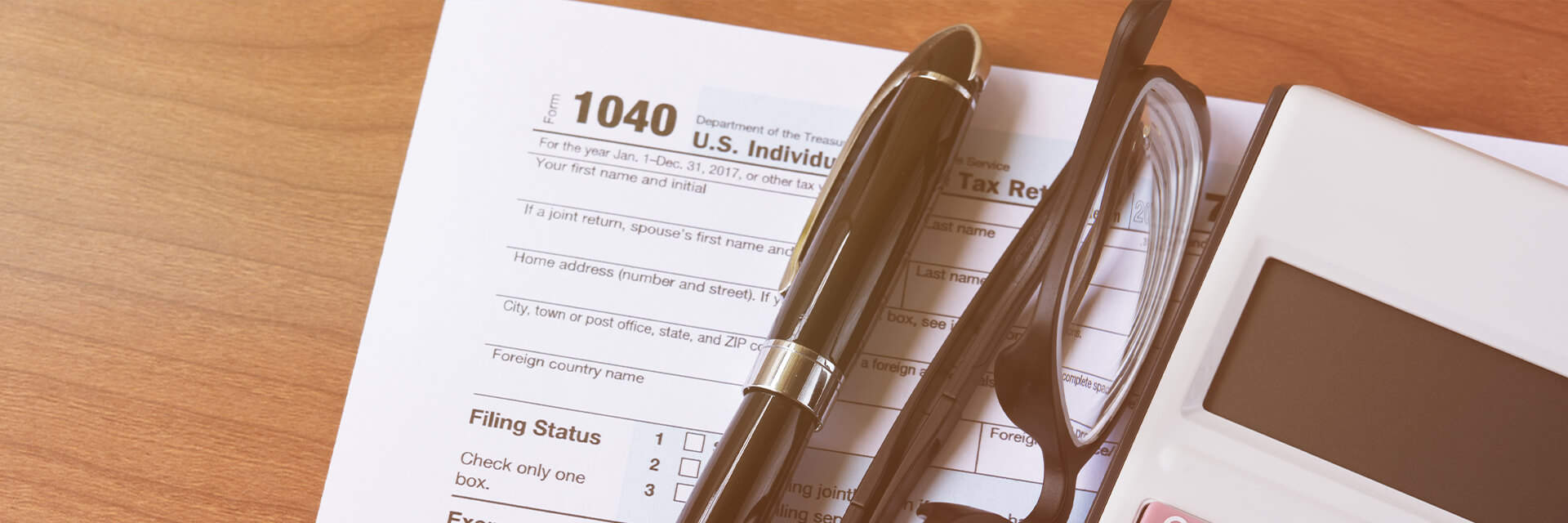
Currently Not Collectible Status
- Published
- Jun 3, 2021
- Topics
- Share
Taxpayers under hardship and unable to make payments on their tax debts, in addition to their basic living expenses, may qualify for currently not collectible (“CNC”) status or Status 53 with the IRS. Taxpayers are eligible for this status when their gross monthly income is lower than their allowable expenses under the standards derived from the U.S. Bureau of Labor Statistics Consumer Expenditure Survey.
While an account is in CNC status, the IRS essentially halts all attempts at collection activity on an account until it feels that the taxpayer is able to once again make payments. For example, it will not levy the taxpayer’s assets and income. However, the IRS will still assess interest and penalties on the account and may keep the taxpayer’s refunds, if any, and apply them to the debt. The taxpayer also continues to receive an annual statement from the IRS as required under the law.
While applying for CNC status, the IRS may:
- Ask the taxpayer to file any past due returns.
- Require the taxpayer to complete Form 433-A, Collection Information Statement for Wage Earners and Self-Employed Individuals; Form 433-F, Collection Information Statement; and/or Form 433-B, Collection Information Statement for Businesses.
- Require documentation to support items listed on the Collection Information Statements.
Once the taxpayer is placed into CNC status, the IRS will monitor their tax returns annually and see if their financial situation has improved. If the taxpayer’s income has increased, the IRS will remove the taxpayer from this status and ask them to complete a new financial statement to determine if they can make payments.
One of the major advantages of CNC status is that the 10-year statute of limitations on collections continues to run on the account while the account has been deemed non-collectible. This means that the IRS has less time to try and collect from the taxpayer when they are finally deemed collectible.
However, one key disadvantage of CNC status is that it is only temporary, generally lasting not more than two years. The taxpayer will be forced to reapply for IRS CNC status after they are deemed collectible again or need to set up an alternate payment arrangement with the IRS.
What's on Your Mind?
Start a conversation with Andal
Receive the latest business insights, analysis, and perspectives from EisnerAmper professionals.











